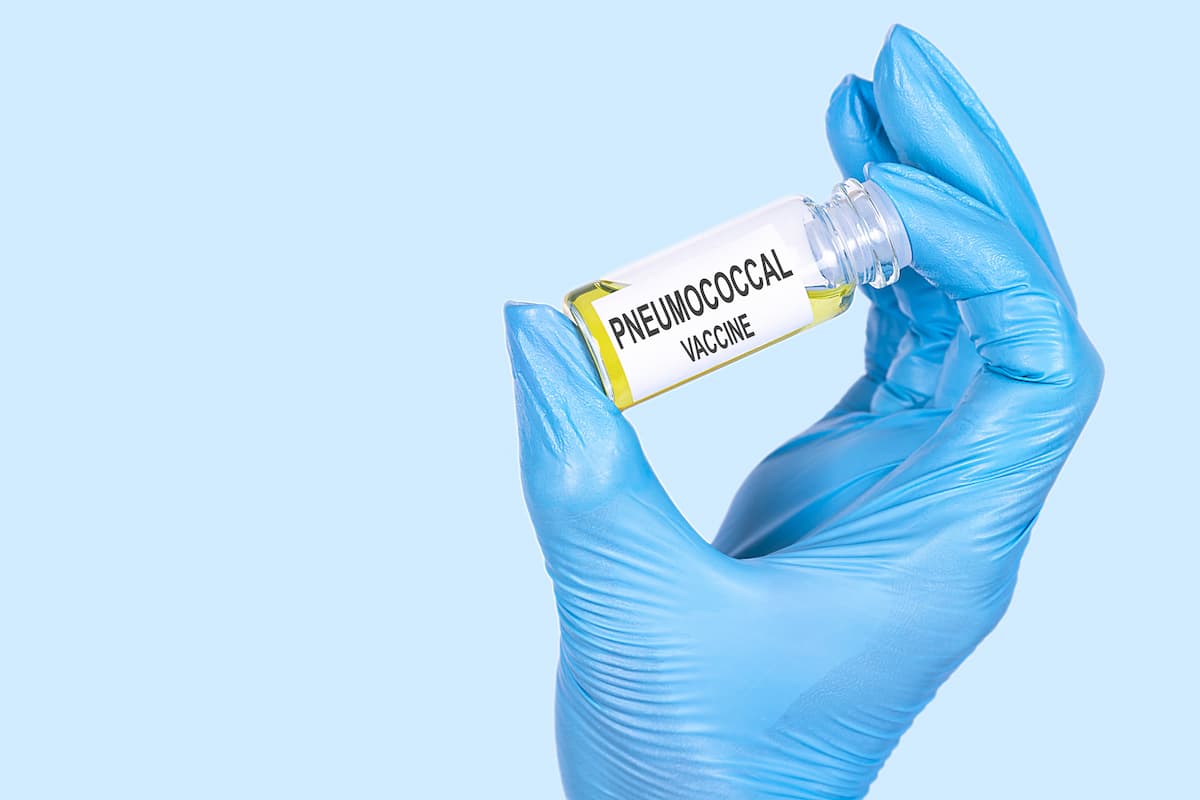Article
Breast cancer-the cognitive effect of therapy
Cognitive problems are commonly reported post-treatment in breast cancer patients: problems with memory and concentration, executive function (ability to multitask), ability to learn new material /reading comprehension, and ability to work with numbers.
There are the acute effects of treatment -- in the middle of chemo almost everyone will have trouble with these things, at least short-term, while they are experiencing nausea, anemia and fatigue, but Tim Ahles, PhD, from the Department of Psychiatry and Behavioral Science, Memorial Sloan-Kettering Cancer Center, is studying the longer-term effects on cognitive ability. Even subtle changes that a patient experiences, he notes, can be stressful and decrease quality of life.
“People will often report over 6 to 12 months post-treatment that their cognitive abilities have improved, but it often doesn’t improve to 100%,” Dr. Ahles said at the 6th Annual Chicago Supportive Oncology Conference. “There seems to be about 20%-25% where people say they hit a plateau or they are about 80% back to normal. People will talk of having good and bad days.”
Survivor studies have found cognitive problems 6 months to 10 years post-treatment. Persistent cognitive problems were identified in 15%-20% of patients after a look at neuropsychological testing.
“From a clinical perspective, when we’re seeing survivors in the post-treatment period, it is often important to assess factors such as sleep disorders (insomnia, sleep apnea) depression, anxiety, stress, effect of pain and pain medications and other physical illnesses,” Dr. Ahles said.
“The reason they’re important to assess is because they are treatable,” Ahles says. “Someone with undiagnosed depression can be treated and improve cognitive functioning. If you find someone with sleep apnea, you can prescribe a CPAP (continuous positive airway pressure machine) and their cognitive functioning as well as their fatigue will improve dramatically.”
In gathering information, there are self-reporting, psychological testing and newer studies that are using imaging techniques such as MRI and PET scans and even some animal models, Dr. Ahles said.
Looking at data from neuropsychological tests, longitudinal studies have shown 20% to 25% of breast cancer patients have cognitive impairment at the time of diagnosis.
“That’s something we don’t quite understand yet,” Dr. Ahles said. “It doesn’t seem to be related to fatigue. We’ve looked at surgical exposures and anesthesia and we haven’t come up with a good explanation of this finding.”
The problem with neuropsychological testing, Dr. Ahles said, is that it is primarily designed to assess people with significant brain damage (stroke, head injury) or disease (Alzheimer’s). But many cancer survivors score well within the normal range, even though they report having cognitive problems. Dr. Ahles summarized some of the current thinking in breast cancer research:
--Cognitive problems experienced by cancer patients are likely not exclusively associated with chemotherapy. Dr. Ahles said traditionally fingers had been pointed at chemotherapy in cognitive impact, but some smaller studies are starting to implicate endocrine therapies such as tamoxifin and the aromatase inhibitors.
--Genetic factors are likely important in increasing vulnerability for long-term cognitive problems
--Medication and cognitive rehabilitation interventions are being evaluated.
--Pretreatment of cognitive problems suggest that there may be common risk factors for development of cancer and cognitive problems.

FDA Approves Dupilumab, Marking First Targeted Therapy in a Decade for Chronic Spontaneous Urticaria




